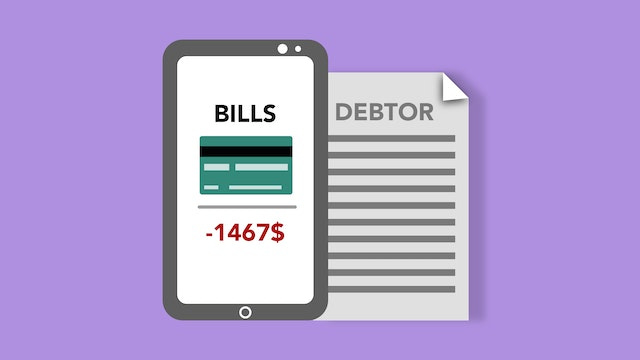The first question in defending a collection lawsuit: Original creditor or debt buyer?

When I get a phone call from a prospective client who is being sued over a credit card debt or an automobile loan, the first thing I want to know is whether he or she is being sued by an original creditor or by a debt buyer. In an original creditor case, the plaintiff (the company suing you) is the same company that extended you credit (issued the credit card or lent you money). In a debt buyer case, the company that issued you the credit card or lent you money has sold your account to a third party.
American Express, Discover Bank, and Capital One are original creditors that actively sue people to recover on delinquent accounts. These companies rarely sell their accounts to third parties. In fact, Capital One is by far the credit card company most likely to sue its former customers over credit card debt.
However, many creditors sell their delinquent accounts to debt buyers. In Cook County, debt buyers such as LVNV Funding, Portfolio Recovery Associates (PRA), Midland Credit Management, and Cavalry SPV file thousands of lawsuits every month to collect on delinquent accounts they have purchased from the original creditors.
It’s a perfectly legal way of doing business, and it has major implications for your case. Fortunately, most of those implications are good for consumers who hire experienced counsel to help them in these cases. Below, learn how lawsuits by debt buyers often play out in court.

Debt buyers don’t buy one delinquent account at a time. They buy them by the thousands. And it’s not as if they get an actual “account.” From what I can tell, and what I’ve been told, what they actually buy is a spreadsheet showing thousands of names, addresses, account numbers, and balances supposedly owed.
If the debt buyer is challenged in court to produce proof of how it owns the debt, it often has trouble doing that for lack of any documentation to back up what is shown on the spreadsheet it bought.
To illustrate this, see the attached contract whereby a company called Portfolio Recovery Associates (PRA) bought (possibly) thousands of accounts from Citibank. This shows that PRA knows, when it purchases these accounts, that documentation for some of the accounts may or may not exist.
If you keep reading, you will see that even if the documentation does exist, PRA may have to pay the original creditor, in a separate transaction, to forward that documentation to PRA.
The practical meaning of all this to someone getting sued by a debt buyer is that, a lot of times, debt buyers have a hard time proving their case at trial. In addition to lack of documentation, debt buyers have other problems proving their case at trial too. In upcoming posts, I will talk about those obstacles.
Are you interested in reading more Defense by Davis posts like this one? Subscribe to my Substack account today! Check out Foundations of Construction Law too. For immediate needs, click here to contact me directly.





